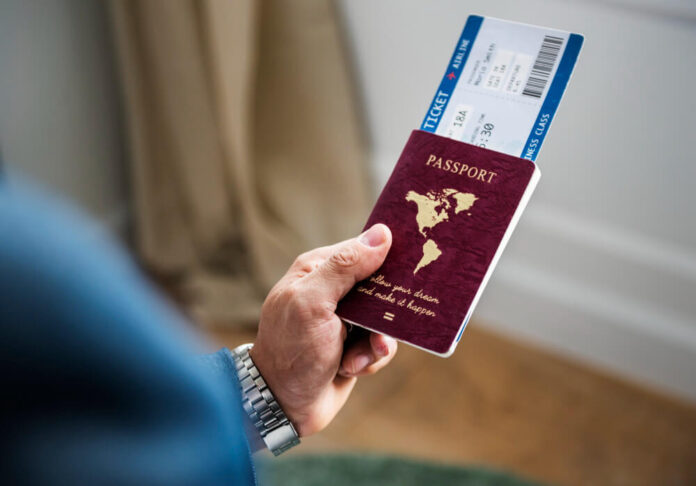A second passport is a strategy, whether you are navigating global trade deals, accessing new markets, or hedging against economic uncertainty. Obtaining a second passport through citizenship-by-investment (CBI) programs is an increasingly popular way to unlock global opportunities, including visa-free travel, favourable tax regimes, and greater lifestyle flexibility.
However, selecting the right program can be challenging since many offer similar benefits and requirements. To help you make an informed decision, here are 10 key factors to consider when choosing a second passport:
1. Freedom of Movement
One of the most attractive benefits of a second passport is enhanced global mobility. Before choosing a program, research the visa-free travel privileges it offers. For instance, Caribbean passports – such as those from Antigua & Barbuda, Dominica, Grenada, St. Kitts & Nevis, and St. Lucia – grant visa-free or visa-on-arrival access to over 140 destinations, including the EU, UK, China, Russia, and many Latin American, Asian, and African countries. Additionally, holders of these passports gain residency rights within the Caribbean Community (CARICOM).
2. Available Investment Options
Different programs offer various investment pathways, including real estate purchases, business investments, government-approved funds donations, securities investments, or even bank deposits. While some options, like real estate, may generate returns or be recoverable after a holding period, others, such as donations, are non-refundable. Select an investment option that aligns with your financial goals and risk appetite.
3. Investment Amount
The financial requirement for a CBI program varies widely. Some programs start at a few hundred thousand dollars, while others require investments in the millions. Define your budget beforehand to narrow your options and ensure the investment threshold aligns with your financial capacity.
4. Residency Requirements
Residency obligations vary significantly between programs. Some require you to spend significant time in the country – up to six months per year or more – while others have minimal or no physical presence requirements. Consider how much time you are willing and able to commit to living in the host country.
5. Timeframe for Obtaining Citizenship
Different citizenship programs have different timeframes for obtaining citizenship. The five Caribbean countries mentioned above offer faster processes, and the passports can be available in 3–6 months. The timelines for European programs are longer, requiring applicants to maintain residency for 5 or more years before becoming eligible for citizenship. If speed is a priority, consider programs with shorter processing times.
5. Opportunity to Include Family Members
Many CBI programs allow you to include family members in your application. Typically, this includes a spouse and minor children. Some programs also permit dependent children over 18, parents, grandparents, and even siblings, provided they meet dependency requirements. When selecting a CBI program, it is important to ensure that the program accommodates the needs of the main applicant and the whole family.
6. Due Diligence Process
A thorough due diligence ensures the integrity and credibility of the CBI program and golden passport. For example, Caribbean programs are known for their rigorous background checks, which add value to their passports. On the contrary, programs with minimal or no due diligence (for example, Vanuatu) may result in passports with limited global acceptance and lower prestige.
7. Tax Considerations
Second citizenship can offer some tax advantages. Some countries provide reduced income tax rates or exemptions on global income, real estate, capital gains, or inheritance taxes. If optimising your taxes is a key factor, you need to research the specific tax benefits of each country to identify and understand the best jurisdiction for your financial situation.
8. Citizenship Conditions
When pursuing a second passport, understand the conditions attached to the citizenship. Some programs allow you to retain dual citizenship, while others require you to renounce your original nationality. Another important factor to understand in advance, find out if citizenship is granted immediately or after a period of residency. For example, some countries grant citizenship after 5 years of residency, while others require a decade or more.
10. Lifestyle Considerations
When choosing a second passport, it’s important to think about the quality of life in your chosen country by considering aspects like the healthcare system, education options, safety, cost of living, and the overall standard of living. If you intend to move or run a business, it’s also wise to look at the country’s economic stability, currency strength, and market opportunities. This way, you can make a well-informed decision that suits your needs.
